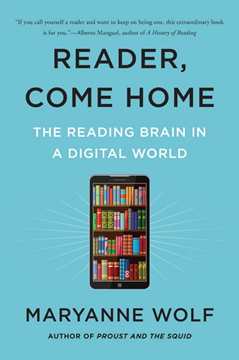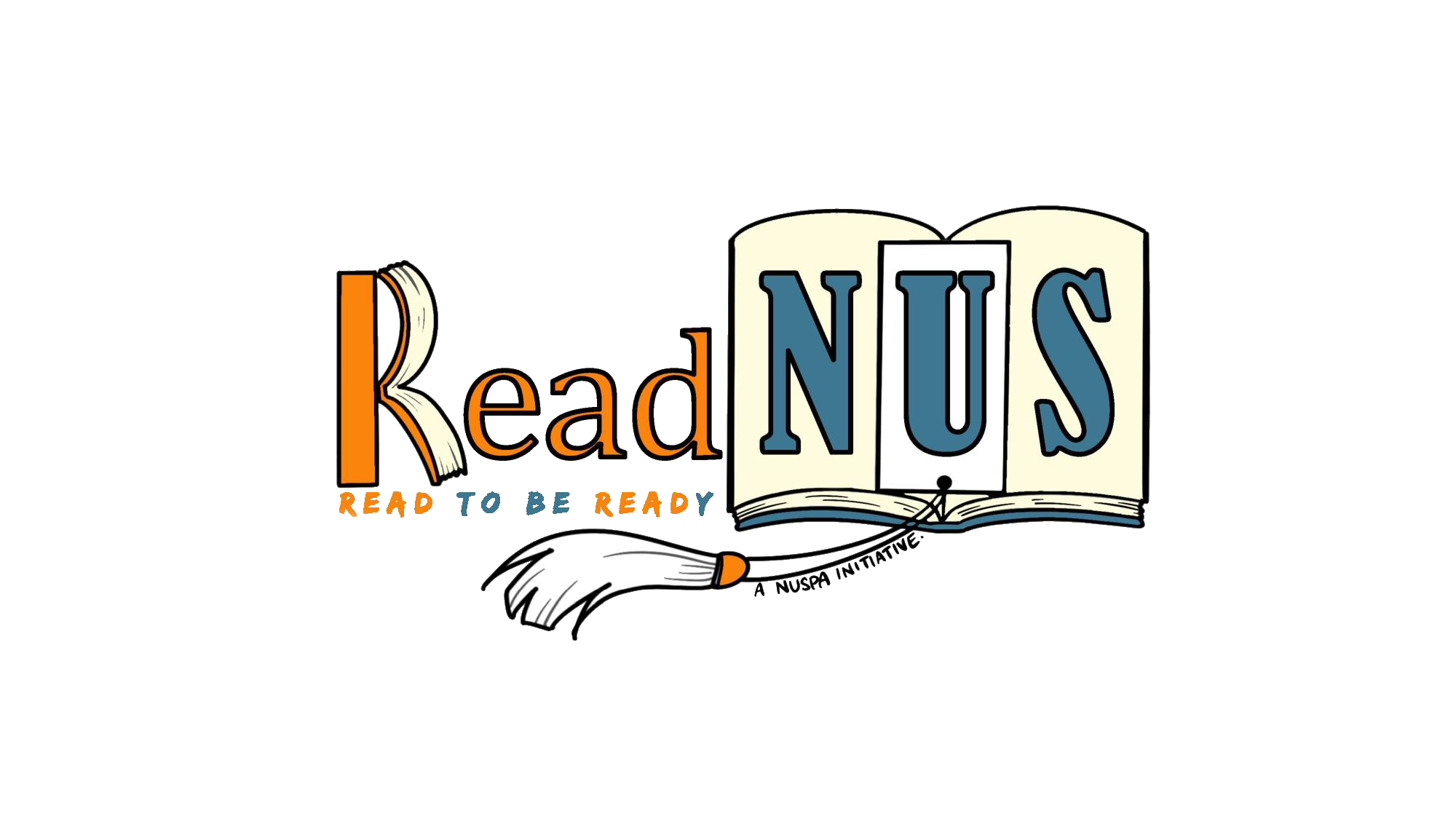How We Return to the Good Old Days
Remember the days when you would stay up all night reading instead of watching Netflix? We didn’t turn to Instagram or TikTok when we got bored; we had books. What changed? Why have we gone from reading books on the toilet to endlessly scrolling through pictures and videos of people we don’t even know till our legs went numb?
Since the COVID-19 pandemic hit last March, internet usage has spiked by more than sixty per cent as we work and study from home [1]. I’ve gone from having never used eye drops to going through one bottle every week. Netflix couldn’t be my only source of entertainment anymore. So earlier this January, I decided to get back to reading, my main form of escape before the smartphone era. It seemed like the perfect way to pass time without drying my eyes out.
From the very first page, I expected to be swept into a skilfully crafted otherworld where hours would pass without realisation, just as they had when I was a child. But I was sorely disappointed. I couldn’t seem to stop my eyes from rolling to the clock every five minutes, or my fingers from flipping through the next few pages to see how far the end of the chapter was.
But why? Why has it been such a struggle to concentrate on something I used to love? Maryanne Wolf’s Reader, Come Home: The Reading Brain in a Digital World gave me the answers I sought and more. This book was recommended during my internship programme as a way to understand the impact our digital culture has had on the reading habits of the local readership. But I didn’t expect to come out of it with a steadfast desire to read at least thirty minutes a day.

Our changing brains
In this epistolary book, Wolf, a neuroscientist by training and now the Director of the Center for Dyslexia, Diverse Learnings, and Social Justice at the UCLA Graduate School of Education and Information Studies [2], considers a future where our critical thinking abilities and capacity for empathy and reflection diminish as we become more dependent on digital technology.
In the first few letters of the book, Wolf argues that our digital environments have affected what and how we read, threatening the process of deep reading. According to Wolf, “deep reading” encompasses the sophisticated processes in our comprehension which allows for higher order thinking such as critical thinking and reflection. However, as we are constantly surrounded by digital devices competing for our attention, our attention span has reduced and we find it increasingly difficult to work through long and complex texts. As our brains grow accustomed to receiving multiple stimuli simultaneously, Wolf argues that we are losing our ability to engage in the deep-reading process.
At this point in the book (barely a third through), I realised that I was proving Wolf’s point. I couldn’t keep up with her long, complex sentences and constantly found myself going back a few pages to digest what she had just written. I was so used to exhausting myself watching cooking videos on YouTube that I found myself constantly thinking about what I could have been doing instead of reading. But what exactly does this mean for my reading processes?
—-
Wolf argues that the disengagement from the deep reading process affects our critical thinking abilities. Before we had such easy and immediate access to widely shared sources of knowledge like the internet, books provided each of us with unique, internal sources of knowledge. When engaged in the deep reading process, we make connections with our own experiences that lead to unique interpretations of the book. However, with the internet just a few clicks away, Wolf posits that our reliance on such external sources of knowledge has diminished our ability to think critically.
Indeed, I am personally guilty of skipping the arduous process of thinking — more often than I would like to admit — whenever a googleable question pops into my head (“what does the ending of The Handmaid’s Tale mean?”). With digital devices conveniently on hand, I now find it difficult to engage in such higher-level thinking processes, especially on occasions which don’t involve me pouring over an assignment.
Our reduced capacity for critical thinking is not the only consequence of our digital culture. Wolf makes another crucial argument that by not engaging in deep reading processes, our capacity for empathy decreases as well. Reading requires us to understand the world the characters are in, to understand the way they think, how they would behave, and how they think other characters would behave. In this age where social media becomes a platform for (healthy and unhealthy) public debate, this constant practice of empathy is more important than ever.
Even with critical thinking skills and empathy, we still need a final crucial aspect to internalise our reading experience — reflection. We need to consolidate and make sense of our newfound knowledge, even if it means unlearning what we have learnt. Reflection allows us to question the assumptions we have, to think for ourselves and to become better subjects in our society.
Reading for democracy
Wolf ends her series of letters with an urgent warning:
“We will fail as a society if we do not educate our children and reeducate all of our citizenry to the responsibility of each citizen to process information vigilantly, critically, and wisely across media. And we will fail as a society as surely as societies of the twentieth century if we do not recognise and acknowledge the capacity for reflective reasoning in those who disagree with us.” (pp. 201)
In other words, without the ability to think critically for ourselves, to put ourselves in the position of others and to revisit our beliefs, we will be unable to engage in meaningful and fruitful discussions to create a collective conscience as a society. If, as Wolf alludes to in her claim above, we understand democracy as defined by American philosopher John Dewey — where democracy is a way of life and not merely a political mechanism [3], then Wolf’s ideas of critical thinking, reflection and empathy are crucial in enabling discussion among moral equals. While books are not the only way to develop these skills, they still function as crucial documents of any society, whether to impart knowledge and traditions for future generations, or to give us a peek into the lives of people we’ll never get to be.
While not long ago I was (and perhaps still am) a slave to my devices, Reader, Come Home has reminded me of the world beyond them and inspired me to kickstart my return to reading. Although she makes tenuous links at times, underlying Wolf’s argument is a passion for reading, one which I share. It is this passion that moved me to start my journey home, and I hope you will join me on this ride.
By: Abigail Chan
ReadNUS Editorial Team
Notes:
[1] Internet Use in Singapore Surges as More Work from Home amid COVID-19 Pandemic. Channel News Asia, 2020. https://www.channelnewsasia.com/watch/internet-use-singapore-surges-more-work-home-amid-covid-19-pandemic-video-1480956
[2] Wolf, Maryanne. Maryanne Wolf. Accessed September 14, 2021. https://www.maryannewolf.com/
[3] Anderson, Elizabeth. “Democracy: instrumental vs. non-instrumental value.” Contemporary debates in political philosophy 11 (2009): 213.
